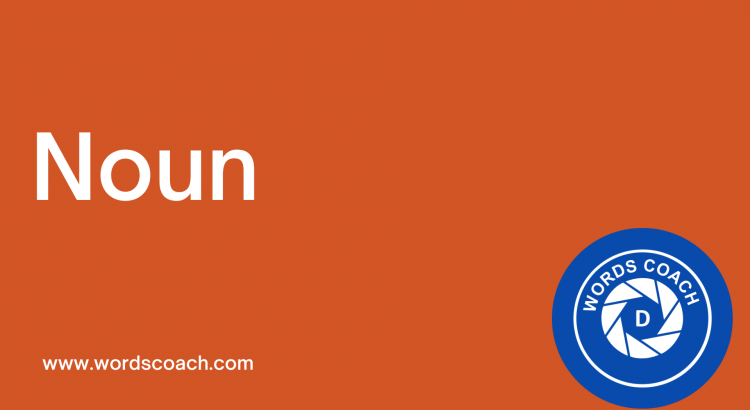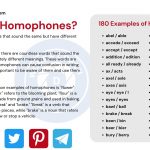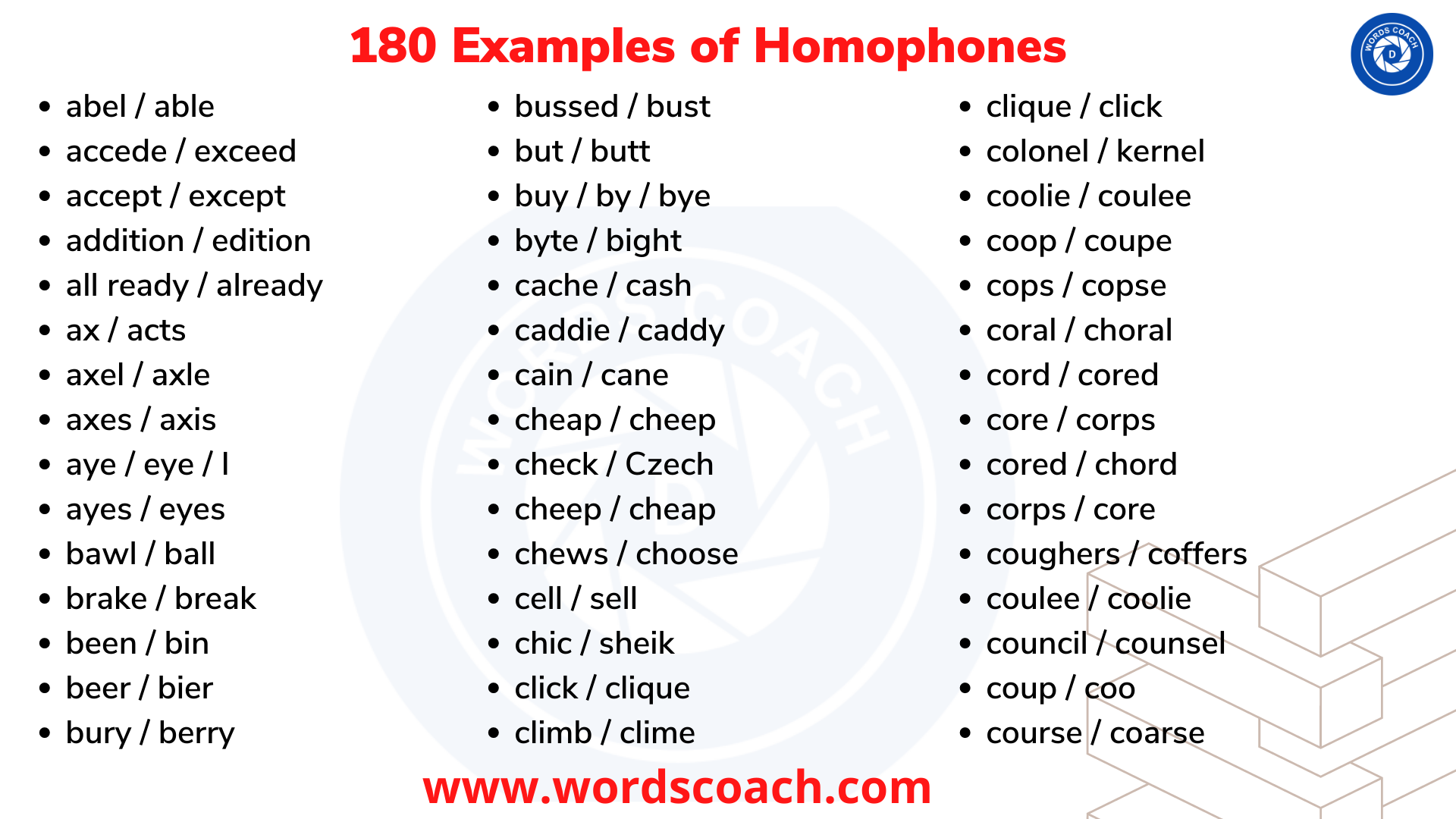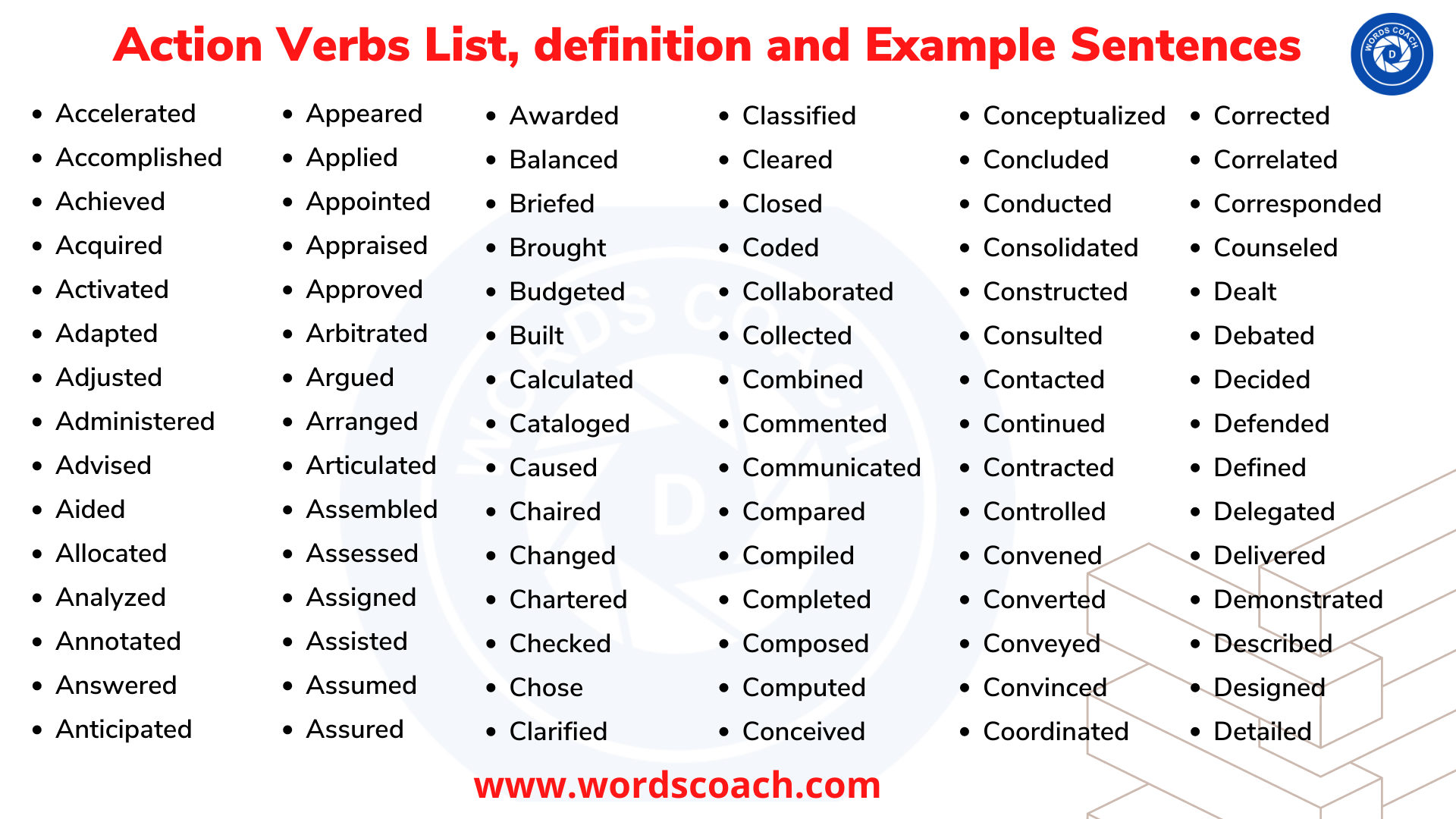What is a Noun?
Noun is described as words that refer to a person, place, thing, event, substance, quality, quantity, etc. The noun is a part of speech typically denoting a person, place, thing, animal or idea.
Definition:
“A noun is a word used for naming some person or thing.” – J. C. Nesfield
“A noun is a word used as the name of a person, place or thing” – Wren & Martin
Nouns encompass most of the words of a language.
There are many different types of nouns in English, each designed to serve a different purpose in an English sentence.
Noun can be a/an
Person:
A name for a person
Ex- Michel, Max, Joy, Julie, Bob, etc.
Animal:
A name for an animal
Ex- Dog, Cat, Cow, Lion, Tiger, kangaroo, etc.
Place:
A name for a place
Ex- Australia, America, London, Bangalore, Mumbai, Canada, etc.
Thing:
A name for a thing
Ex- bat, ball, balloon, chair, door, house, computer, laptop etc.
Idea:
A name for and idea
Ex- happiness, excitement, superstition, devotion, etc.
Examples of Noun
- My brother, Michael, is six years old.
- The jug is on the table.
- The bat is made of wood from a tree.
- Alex is a wonderful player.
- I have a phone, a few books, a notepad, a table-calendar, and a computer on my desk.
- He was not born in this country.
Types of Noun
- Proper Noun
- Common Noun
- Abstract Noun
- Concrete Noun
- Collective Noun
- Compound Noun
- Possessive Noun
- Regular Plural Noun
- Irregular Plural Noun
- Countable Noun
- Uncountable Noun

Proper Noun
A proper noun is a name which refers only to a single person, place, or thing and there is no common name for it.Proper nouns are to always be capitalized, whether or not they are used at the beginning of a sentence.
A proper noun is a name of someone/something which denotes a particular person/thing.
Example: Sydney (it refers to only one particular city), Steve (refers to a particular person), Australia (there is no other country named Australia; this name is fixed for only one country).
Sentence Examples:
- He moved to Canada when he was young.
- She was born in America.
- I would like to visit Old Faithful.
- Virat Kohli is a wonderful player.
- He has a dog named Poppy.
Common Noun
A common noun is a name for something which is common for many things, person, or places. Which denotes a general name for something.
Common nouns are the opposites of the proper nouns. It is not anything, person, or place, in particular.
They do not need to be capitalized unless they are the first word of a sentence.
Example: Country (it can refer to any country, nothing in particular), city (it can refer to any city like Sydney, Melbourne, Ahmedabad, Gandhinagar, etc. but nothing in particular).
Sentence Examples:
- Sachin Tendulkar is a wonderful player.
- Sydney is the city he lives in.
- He goes for a walk by the river every day.
- They talk about movies and celebrities.
- Michael Clarke is his mentor.
Abstract Noun
Abstract nouns refer to abstract objects such as ideas, thoughts, or concepts that can not be seen, felt, or held.
An abstract noun is a word for something that cannot be seen but is there. It has no physical existence.
Generally, it refers to ideas, qualities, and conditions.
Example: Love, Hate, Joy, Sadness, Sympathy, Excitement, Freedom, Depression, friendship, etc.
Sentence Examples:
- Childhood is the best time to build it.
- Different people may have different ideas, opinions, and beliefs.
- My best friend, Alice, always had brilliant ideas for our community volunteer programs at the county library.
- Honesty depends mostly on truthfulness and integrity.
- They laughed at my idea.
Concrete Noun
A concrete noun is the exact opposite of an abstract noun. It refers to the things we see and have physical existence.
They can be singular, plural; and proper, or improper.
Example: Cake, Dog, Fire, Umbrella, Chair, sugar, water, ball , Book, etc.
Sentence Examples:
- My throat is swollen due to cold water.
- Yellow flowers in the red vase are looking very attractive.
- My skin is very dry, so I have to moisturize it.
- It was difficult to go home because of the wind.
- The teacher handed out the textbooks to all of her high school students.
Collective Noun
A collective noun is a word for a group of things, people, or animals, etc.
Collective nouns can be both plural and singular. However, Americans prefer to use collective nouns as singular, but both of the uses are correct in other parts of the world.
Example: family, team, jury, cattle, Bouquet, Forrest, Class, crew , etc.
Sentence Examples:
- Sonya’s boyfriend bought a bouquet of flowers to give to her before her date.
- The jury has delivered its conclusion to the judge.
- The board of directors are eating sandwiches for their lunch.
- The club are currently displaying their best photos.
- The family next door is very quiet. We never hear them.
Compound Noun
Sometimes two or three nouns appear together, or even with other parts of speech, and create idiomatic compound nouns.
Idiomatic means that those nouns behave as a unit and, to a lesser or greater degree, amount to more than the sum of their parts.
They ordinarily are made up of more than two other words that can be constructed by joining two words at one time.
Combining “Father”, “in”, and “law”, for example, can result in the compound “Father-in-law”.
Example (Hyphenated): five-year-old, son-in-law, Daughter-in-law, Mother-in-law, Up-to-date, Sign-up, Check-in, Merry-go-round, Long-term, etc.
Example (Not Hyphenated) : snowball, mailbox, Toothpaste, Sunflower, Ice cream, Airplane, Blueberry, etc.
Sentence Examples:
- Today, My grandfather turned seventy-nine years old, and they celebrated with a family gathering.
- My mother-in-law lives with us.
- I can’t install this software on my PC.
- Please remember that check-out is at 12 noon.
- We always eat breakfast at 8am.
Possessive Noun
A possessive noun is a noun that names who or what owns or has possession of something.
We usually add an apostrophe + s (‘s) to a singular noun and an apostrophe (‘) to a plural noun, for example:
- the boy’s ball (one boy)
- the boys’ ball (two or more boys)
Notice: The number of balls does not matter. The structure is influenced by the possessor and not the possessed.
Example (Regular Nouns) : The Teacher’s, Drew’s, The team’s, My mother’s, Her brother’s, Our child’s, The boy’s, etc.
Example (Possessive Pronouns) : My, Your, Hers, His, Mine, Ours, Theirs, etc.
Sentence Examples:
- The smiling parents were proud of their children because they knew that they had done their best.
- Where is Ram’s telephone?
- This is Charles’s chair.
- To prevent cheating in exams, all the students’ phones are collected beforehand.
- My father’s living in an old people’s home.
Regular Plural Noun
Regular Plural nouns are nouns that represent more than one person, place, thing, or idea. Plural nouns are formed from singular nouns by adding an –s at the end.
| Singular | Plural |
| Boy | Boys |
| Book | Books |
| Dream | Dreams |
| Girl | Girls |
| House | Houses |
Learn how to form regular plural nouns in English with examples.
Regular Plural Noun| Rules: Click Here
Irregular Plural Noun
Irregular plural nouns are nouns that do not become plural by adding -s or -es, as most nouns in the English language do.
For example, the plural form of man is men, not mans. The plural form of woman is women, not womans. There are hundreds of irregular plural nouns, and in truth, you must memorize them through reading and speaking.
Examples of irregular nouns in singular and plural format:
| Singular | Plural |
| Mouse | Mice |
| Foot | Feet |
| Child | Children |
| Woman | Women |
| Person | People |
| Man | Men |
| Goose | Geese |
Learn the difference between plural and singular nouns; and different ways to form Irregular Plural Nouns in English.
Irregular Plural Nouns | Rules: Click Here
Countable Noun
The nouns that can be counted are called countable nouns.Countable nouns can take an article: a, an, the.
A noun which can be counted in cardinal numbers (1, 2, 3 . . .) is called a countable noun.
Example: table, Animals, Houses, People, Chair, ball, bat, Windows, etc.
Sentence Examples:
- The book has 259 pages in it.
- The elderly farmer’s son decided to take care of cows, chickens, goats, and sheep that his father left behind.
- I love to listen to songs when I work.
- My Father sometimes forgets his wallet.
- They go to a movie every Sunday.
Uncountable Noun
The nouns that cannot be counted are called Uncountable nouns. A noun which can be counted in cardinal numbers (1, 2, 3 . . .) is called a countable noun.
Abstract nouns and proper nouns are always uncountable nouns, but common nouns and concrete nouns can be both countable and uncountable nouns.
Example: Water, Oil, Salt, Sugar, Rain, Light, Love, Music, Milk, etc.
Sentence Examples:
- My cousin helped me move the furniture into my new apartment.
- Do you drink coffee or tea in the morning?
- How much time do you need?
- The beauty of our princess is quite different.
- Most of the data is stored on my hard disk.










I love this.
Helpful application.
Like I really forgot all these.
It’s really good reading all these again